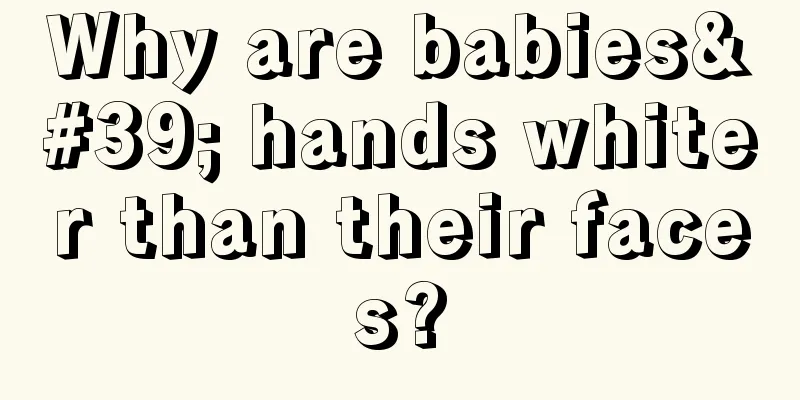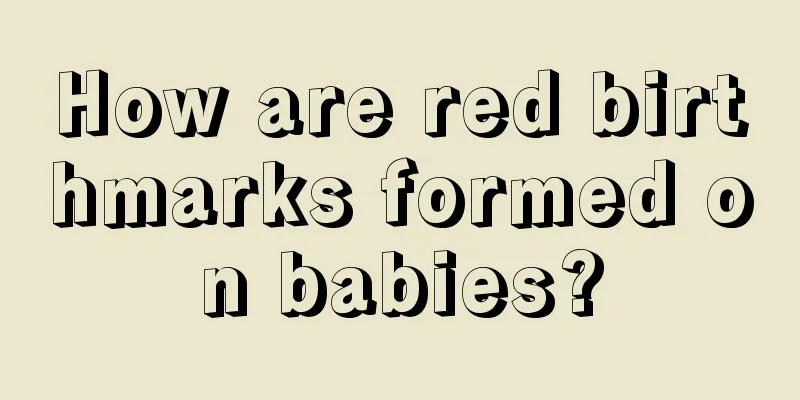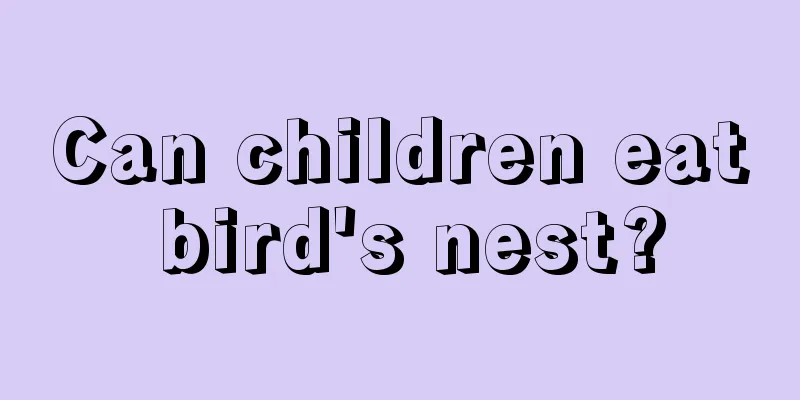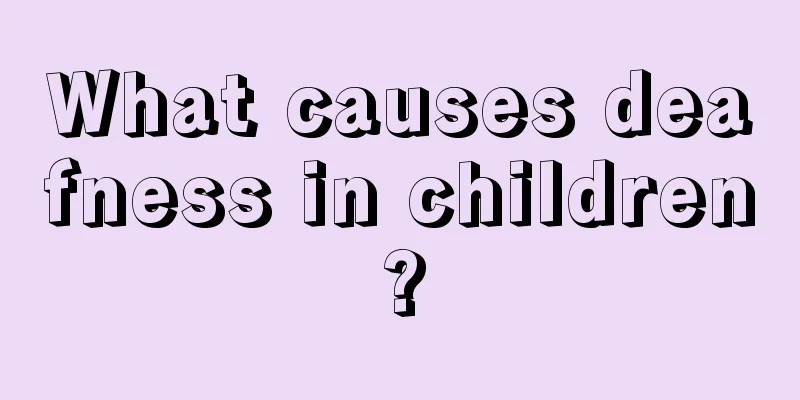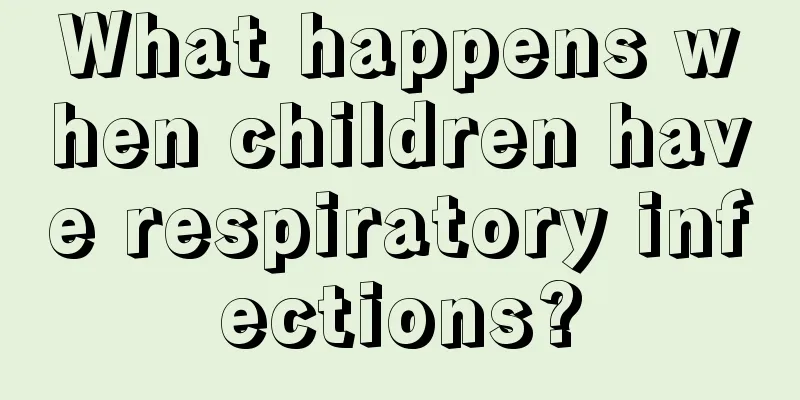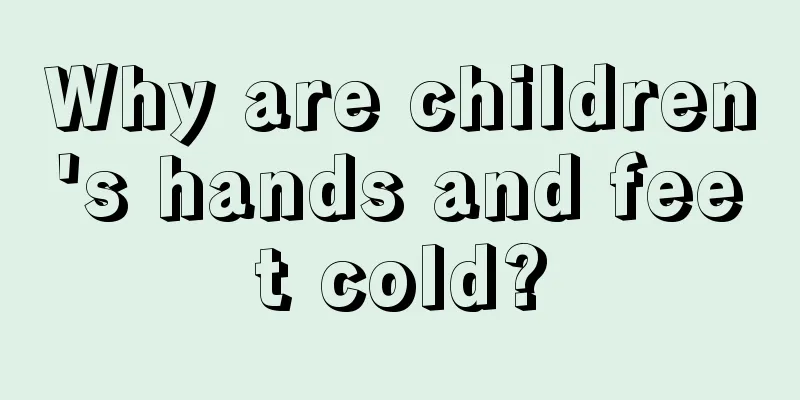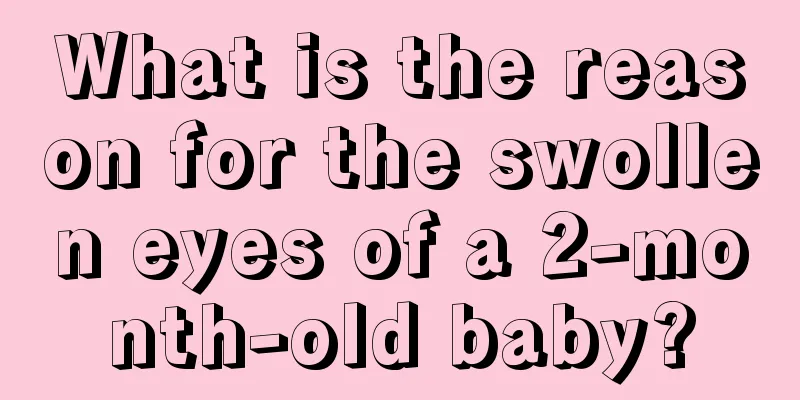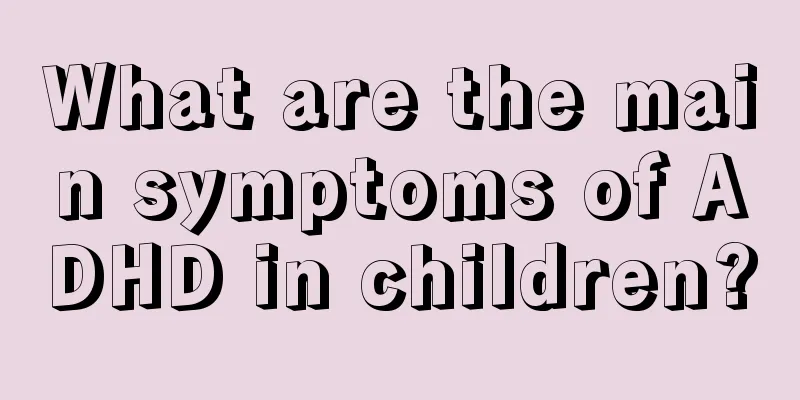What should I do if my 3-year-old child drools?
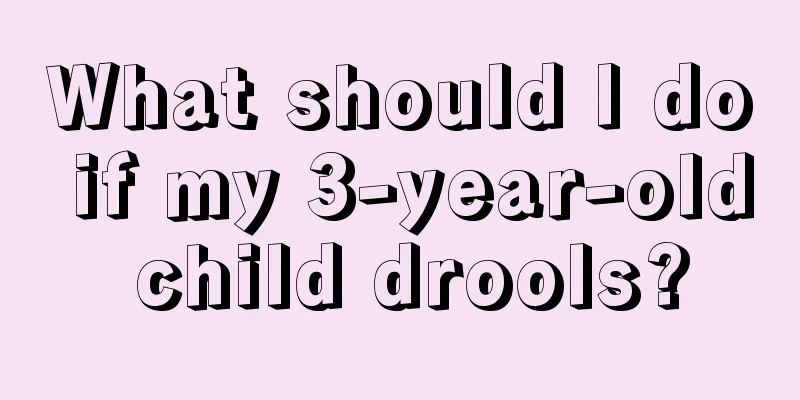
|
When the baby is four months old, as a family member, you will find that the child's drinking behavior is different from before. The child does not like to drool in the first three months, but starts to drool when the child is four months old. At this time, the child is usually about to grow milk teeth. The child's chin is always wet when drooling. After the age of three, some children will still drool. So what is going on? However, drooling in some children is a pathological phenomenon, such as stomatitis, including glossitis, gingivitis, etc. In this case, the saliva that flows out is yellow or light red and has a slight odor. The child will also have symptoms such as slight fever, unwillingness to eat, and irritability. If this happens, you should consult a doctor. In addition, if children have bad habits such as chewing their hands or pacifiers frequently, their mouths may be irritated and drooling may occur. For children who drool easily, pay attention to local cleaning. When wiping the saliva, use a clean, soft towel and be gentle. You can put a bib made of soft cloth on the child, change it frequently and keep it dry. If ulcers appear, wash them with boric acid water and apply some astringent ointment, such as zinc oxide oil, tannic acid ointment, etc. Drooling is a process. Newborn babies do not drool because their salivary glands are underdeveloped and secrete less saliva, so there is no excess saliva flowing out of their mouths. In addition, the baby's staple food at this time is milk or liquid food, which does not stimulate the salivary glands much. The teething period is the time when babies drool most frequently. When the deciduous teeth erupt, the small teeth push outward from the gums, which can cause mild swelling and discomfort in the gum tissue, stimulate the nerves on the gums, and reflexively increase the secretion of the salivary glands. As the baby grows and develops, children who develop faster will stop drooling when they are one and a half years old. Most children will gradually and effectively control their swallowing movements before the age of two due to the maturity of their muscle motor functions, and their mouths will no longer be wet. ● Always wipe away his saliva. Do not use force when wiping. Just wipe the saliva gently to avoid damaging the local skin. ● Wash away saliva frequently with warm water, and then apply oil to protect the skin of the chin and neck. It is best to put a bib on your child to prevent saliva from staining his clothes. ●The handkerchief used to wipe the baby’s saliva should be soft and made of cotton, and should be washed and ironed frequently. ●If your baby drools severely, you should go to the hospital for a check-up to see if there are any abnormal symptoms in the baby's mouth, whether the swallowing function is normal, etc. The above introduction makes us realize that it is normal for children to drool. As the child grows older, the drooling will gradually decrease. Therefore, when the child drools, don’t think that this is a very important disease. When drooling, wipe it off in time, otherwise moist eczema will appear on the chin. |
<<: What are the common causes of drooling in 3-year-old children?
>>: Why does my 4-year-old baby drool while sleeping at night?
Recommend
What is the reason why newborn babies have red faces?
Some parents find that their children blush when ...
The first signs of a silly baby
Silly babies mainly refer to babies who have inte...
What causes calf muscle pain in children?
Many children have calf muscle pain, which seriou...
What to do if children’s hair is dry and frizzy? This can alleviate
Generally speaking, if a child's hair appears...
How can children grow taller?
After comparing their children with other childre...
What might be causing a 1-year-old baby to have green poop?
Anyone who has raised a baby must have seen that ...
Children's urine turns red after eating dragon fruit
Some parents care very much about their children&...
Height at one year and seven months
Under normal circumstances, babies who are one ye...
What should I do if my baby has cold hands and feet and a fever?
The baby's physical health is what parents ca...
What are the symptoms of small intestinal hernia in children?
Children are very prone to intestinal hernia prob...
What to do if your child is allergic to crabs
Everyone has a different physique, and there are ...
Causes and suggestions for high myocardial enzymes in newborns
We all know that newborn babies have relatively p...
How to treat osteomyelitis in children
Osteomyelitis in children needs to attract the sp...
There is a bump on the back of the baby's head
Many parents have found that their children have ...
Why do children not grow meat?
Parents are very concerned about their baby's...
